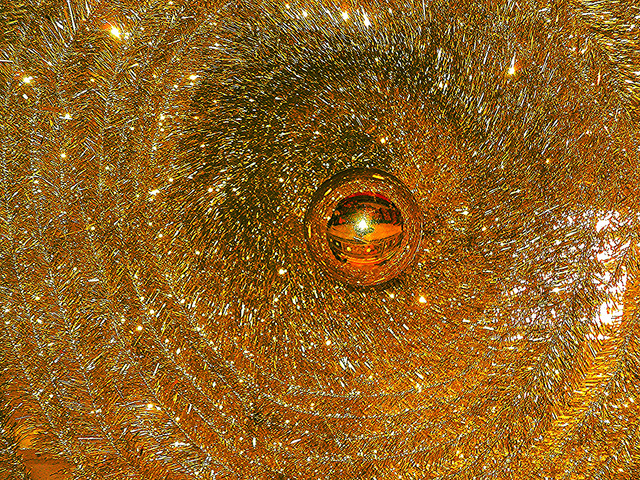Podcast: Play in new window | Download (59.4MB) | Embed
Subscribe to Spark My Muse Apple Podcasts | Spotify | Email | TuneIn | RSS | Subscribe to Spark My Muse
Video bonus feature:
SHOW NOTES

Matt Hutson has a B.S. in cognitive neuroscience from Brown University and an M.S. in science writing from MIT. He has written for Wired, The Atlantic, The New York Times Magazine, Discover, Scientific American Mind, Popular Mechanics, Technology Review, Slate, NewYorker.com, NYMag.com, ScienceMag.org, Aeon, Nautilus, Al Jazeera America, The Boston Globe,The Washington Post, The Wall Street Journal, The Los Angeles Times, The New York Times, and Psychology Today, where he was the News Editor for four years.
Find Matt on Twitter
Matt’s book The 7 Laws of Magical Thinking
MIN 1:30
Matt’s religious and spiritual background and context for writing about magic and how we think.
A Brief History of Time
Stephen Hawking
MIN 2:30
Cognitive Neuroscience studies
Meaning is filtered through the mind.
MIN 3:30
What is magical thinking and how does it happen all the time in our lives?
MIN 9:00
Humans are very social creatures and we apply our perspective (like thoughts and desires) onto other things that are not human.
MIN 11:30
Some atheists claim they don’t commit mistakes of magical thinking, but Matthew says, “Not so fast, we all do and it’s not so bad!”
Involuntary Cognitive bias
The experiments the tease out the behavioral repercussion of these basis.
MIN 14:30
Instinct and staying safe
MIN 16:30
How does Matt deal with his own magical thinking?
Realizing the difference between correlation and causation.
MIN 18
Learning Critical Thinking
Is there another explanation?
MIN 20
Transcendent experiences and loss of awareness of ego or a sense of awe.
Astronauts often return from space with a new belief in God or spirituality or ecologically-minded or with a renewed sense of awe.
MIN 23
Matt’s transcendent moment in Alaska.
MIN 25
Matt talks about the “The Soul Lives On” and “Everything Happens for a Reason” chapters of his book.
MIN 29
Up loading our brains to live on after us and artificial intelligence.
MIN 31
symbols: such as, people feel less lonely when they watch tv.
MIN 34
Consciousness as discreet states
MIN 35
Verbs most activate our motor system
MIN 38
The movie HER and brain simulation
MIN 40
The psychology of social status. power, prestige, and class how we achieve it. Why we care about getting it and what’s good about it and how it shows our values.
MIN 42
How upbringing can program us for life.
Thank you so much for your interest in this episode. Dig around and listen to other episode and come back each Wednesday and Friday for new ones, or subscribe and never miss a thing.

